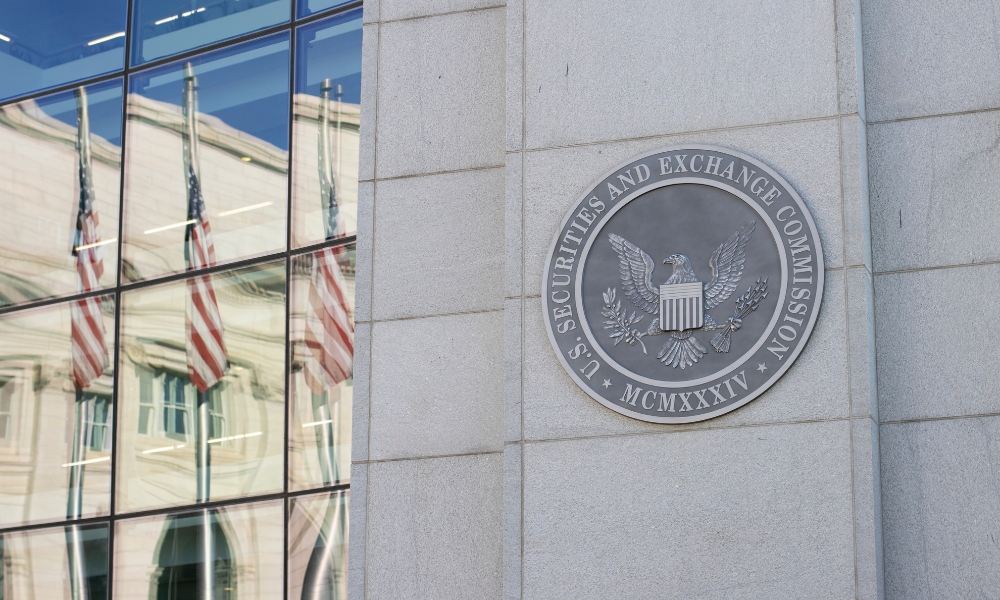

The six-year long legal battle between Commonwealth Financial Network and the Securities and Exchange Commission over the firm’s mutual fund revenue sharing practices appears to be moving toward a close, with both sides waiting for a decision from the US Court of Appeals for the First Circuit in Boston.
Commonwealth Financial Network lost a stunning $93 million judgment last April to the SEC, which had alleged in 2019 that the firm, in its role as a registered investment advisor, from July 2014 through December 2018 failed to disclose material conflicts of interest related to certain revenue-sharing agreements with its clearing firm.
Commonwealth then appealed the federal court’s decision, and last July the company took aim at the SEC’s disgorgement figure of $63.5 million. “The SEC’s disgorgement request here was staggering in its magnitude and audacity,” Commonwealthstated in a court filing.
In January, both sides presented oral arguments before the court of appeals, signaling that a ruling could come by mid-year, one attorney said.
“When there is an appeal, the final step in the process is oral arguments,” said Max Schatzow, cofounder of RIA Lawyers. “It’s the step before the judges on the panel make an opinion.”
A spokesperson for Commonwealth did not return a phone call on Tuesday to comment.
Commonwealth Financial Network is a leading independent broker-dealer and RIA, with 2,345 financial advisors across its platform and $344 billion in client assets.
In 2019, the SEC claimed Commonwealth had breached its fiduciary duty by failing to tell its clients that they could have invested in less expensive share classes of funds.
It’s highly unusual in the securities industry for a broker-dealer to put up such resistance to a regulator like the SEC. Many senior executives fear any potential backlash from a regulator.
In its filings with the court of appeals, the SEC defended its penalty.
“Commonwealth’s rhetoric about the size of the monetary sanctions is misguided,” the SEC stated in October. “The $65 million disgorgement award reflects the massive scale on which Commonwealth abused its fiduciary position at the expense of more than 300,000 clients who entrusted it with their money.”
Along with the disgorgement of money, Commonwealth was also hit with $21.2 million in interest and a civil penalty of $6.5 million.
The SEC’s penalty represented in the neighborhood of one or two years of net income for the firm at the time of the mutual fund sales. Commonwealth's net income was close to $56.5 million in 2014, according to last year’s court order, and $119.4 million in 2018.

While industry statistics pointing to a succession crisis can cause alarm, advisor-owners should be free to consider a middle path between staying solo and catching the surging wave of M&A.

New joint research by T. Rowe Price, MIT, and Stanford University finds more diverse asset allocations among older participants.

With its asset pipeline bursting past $13 billion, Farther is looking to build more momentum with three new managing directors.

A Department of Labor proposal to scrap a regulatory provision under ERISA could create uncertainty for fiduciaries, the trade association argues.

"We continue to feel confident about our ability to capture 90%," LPL CEO Rich Steinmeier told analysts during the firm's 2nd quarter earnings call.
Orion's Tom Wilson on delivering coordinated, high-touch service in a world where returns alone no longer set you apart.
Barely a decade old, registered index-linked annuities have quickly surged in popularity, thanks to their unique blend of protection and growth potential—an appealing option for investors looking to chart a steadier course through today's choppy market waters, says Myles Lambert, Brighthouse Financial.
